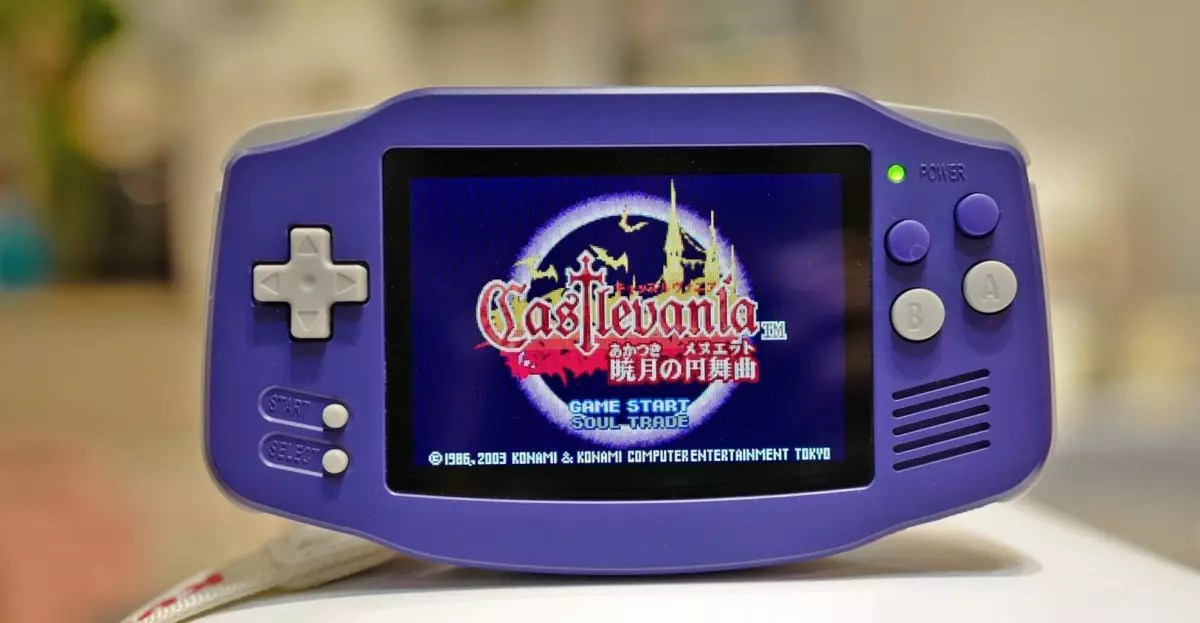In the ever-evolving realm of gaming, nostalgia has carved out a significant niche, particularly through devices like Anbernic’s retro handhelds. The company, lauded for its affordable clones of classic Nintendo Game Boys, has transformed the way enthusiasts experience gaming. However, this wave of ingenuity is now encountering turbulent waters, largely due to impending economic policies and rising tariffs directed at imports from China. These developments pose urgent questions about the future of affordable gaming technology and the accessibility of retro gaming culture.
The Tariff Tiger: What’s at Stake?
President Trump’s anticipated 245 percent tariffs on Chinese goods cast a shadow over international business relations, gripping tech entrepreneurs and consumers alike. Such monumental levies threaten to hike prices astronomically, an outcome that is likely to be felt across various sectors, particularly in the gaming industry. Anbernic recently announced it would halt shipments from its Chinese facilities to the U.S., underlining the uncertainty its leadership feels about how these tariffs could impact prices. Such decisions not only disrupt existing supply chains but also jeopardize the affordability that has endeared Anbernic to its growing fanbase.
The pragmatism of Anbernic’s response cannot be overlooked. The company’s recommendation for customers to prioritize products shipped from its U.S. warehouse highlights a strategy to mitigate risk amid unpredictability. Yet the reality remains that U.S. warehousing has been available for a while, suggesting that Anbernic’s current operational pivot is reactive rather than pro-active, raising questions about the company’s preparedness for such market fluctuations.
The Implications of Tariffs on Commerce and Culture
Concern extends beyond merely the bottom line; cultural accessibility to retro gaming is at stake as well. The nostalgia embedded in retro gaming transcends mere entertainment; it fosters a community long bonded by shared experiences and cherished memories. An increase in prices driven by tariffs risks alienating average consumers who may not be able to afford the higher costs. Anbernic’s devices, typically around $70, cater to a wide array of gamers, from casual players to dedicated retro enthusiasts. This tariff situation could usher in a new era—one where affordable nostalgia is relegated to the past.
Moreover, Anbernic’s decision to modify its shipping strategies places a spotlight on the broader implications of global trade policies. Other companies, like the retro scaler maker RetroTINK, are responding similarly, emphasizing that the lack of clarity regarding tariffs is creating an atmosphere of confusion and caution. Such adjustments serve as a cautionary tale for burgeoning tech ventures: without foresight, even the most innovative products can be stifled by shifting political landscapes.
The Internet Marketplace: A Double-Edged Sword
Despite these challenges, the availability of Anbernic products through alternative channels like Amazon remains a surprising lifeline. This duality—both a blessing and a curse—presents unforeseen complications. On one hand, third-party marketplaces keep the tablet electronics accessible. On the other hand, it invites ethical dilemmas, particularly related to the use of emulated games from prominent gaming giants such as Nintendo and Sony. A significant portion of the allure surrounding Anbernic’s devices springs from their capability to replicate the gaming experiences tied to iconic franchises. However, shadowy ROM-sharing practices present questions about intellectual property rights and corporate responsibility in a modern, connected world.
The evolving narrative around tariffs and Anbernic reflects a larger tension in the gaming market. Traditional and new companies alike are grappling with how to maintain affordability and innovation while navigating a complex geopolitical landscape. The question that looms is whether big brands will alter their strategies to accommodate rising import costs or whether the small players will figure out a way to adapt without losing the very essence of what makes their offerings appealing.
While the current state of play remains uncertain, the integrity of enterprises like Anbernic highlights the delicate balance between commerce and consumer culture. The trajectory of retro gaming hangs in the balance, shaped by economic conditions, trade policies, and the very connections that unite gamers globally.


Leave a Reply